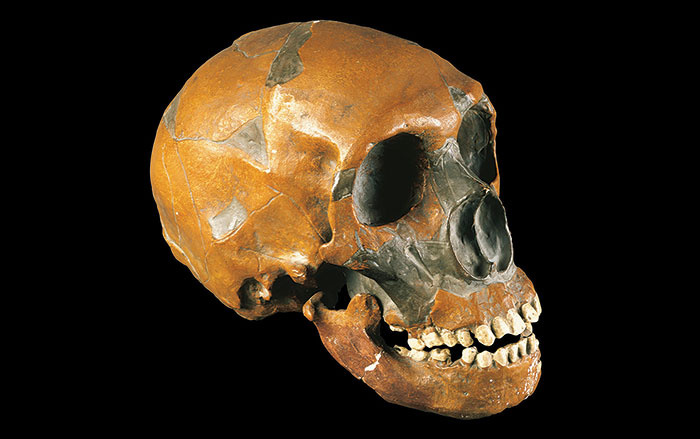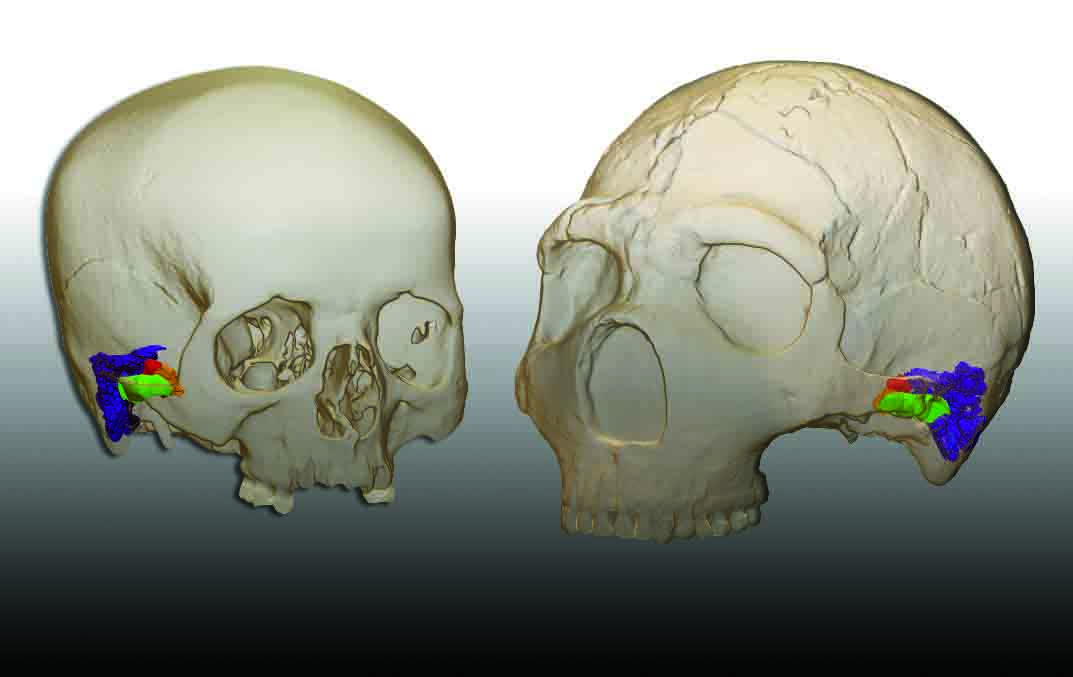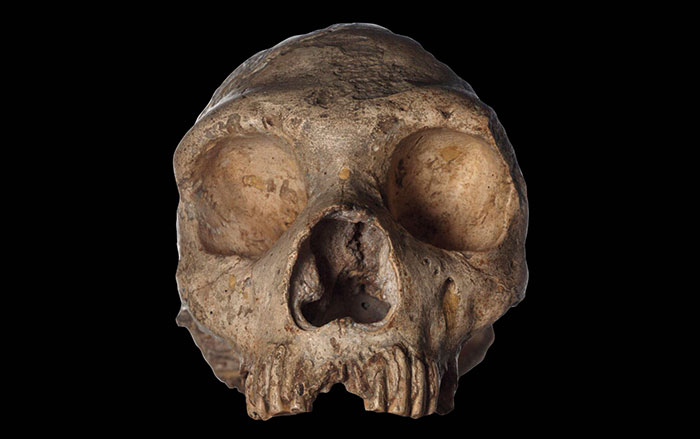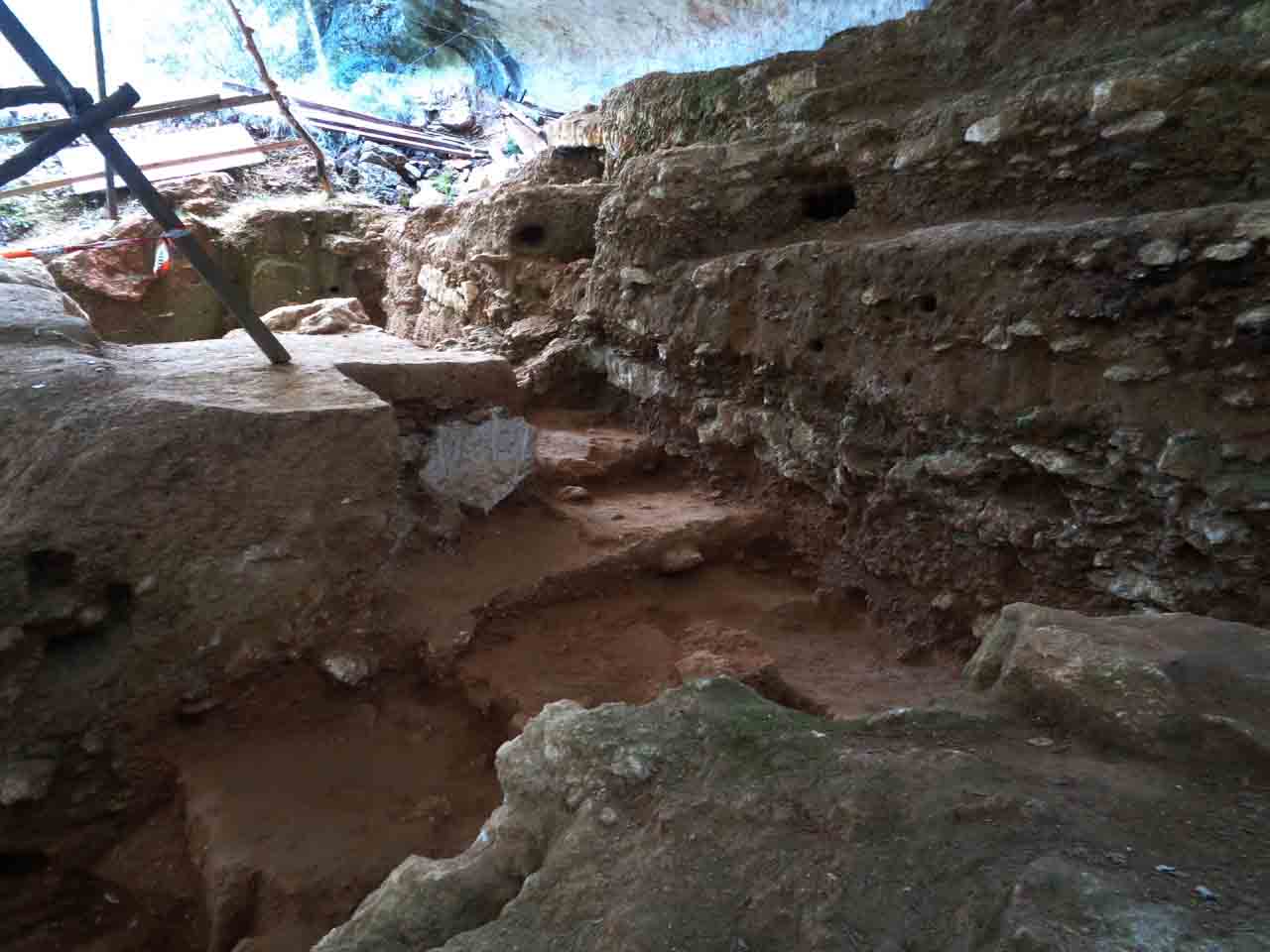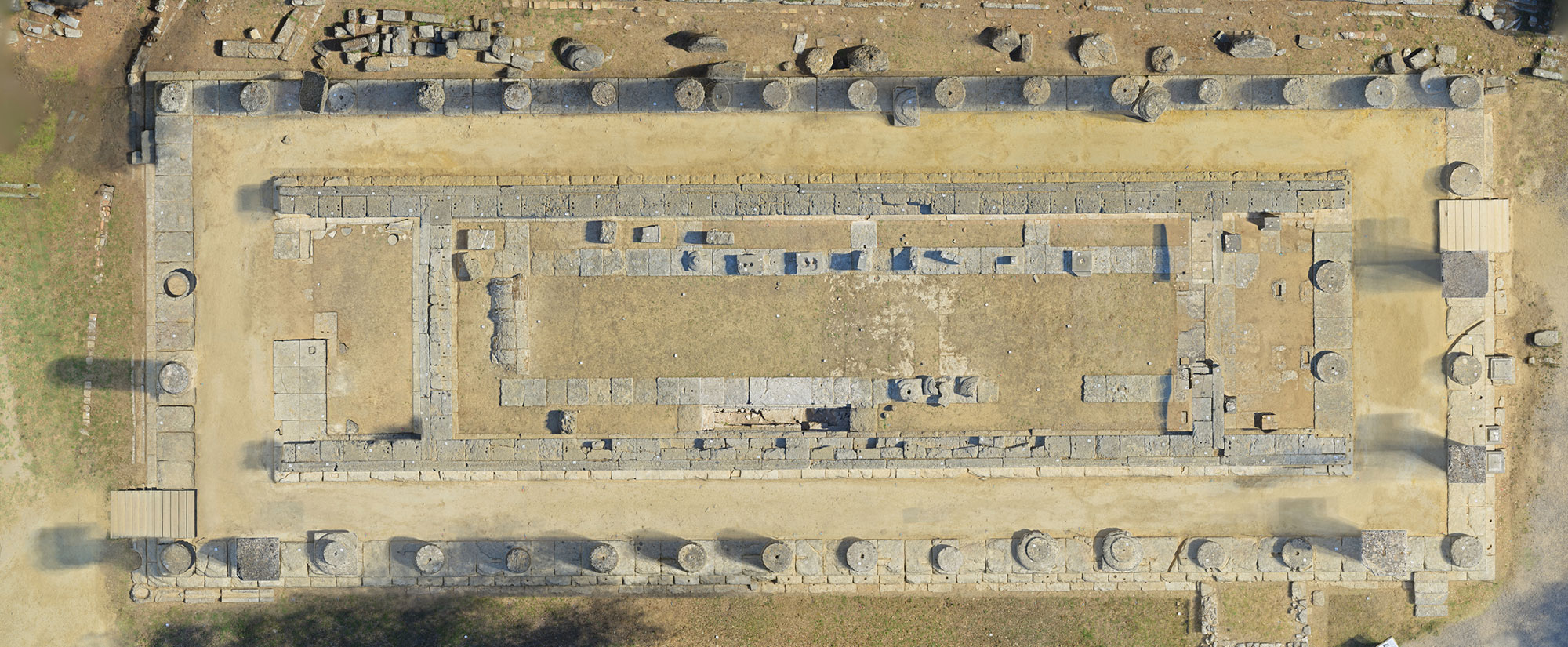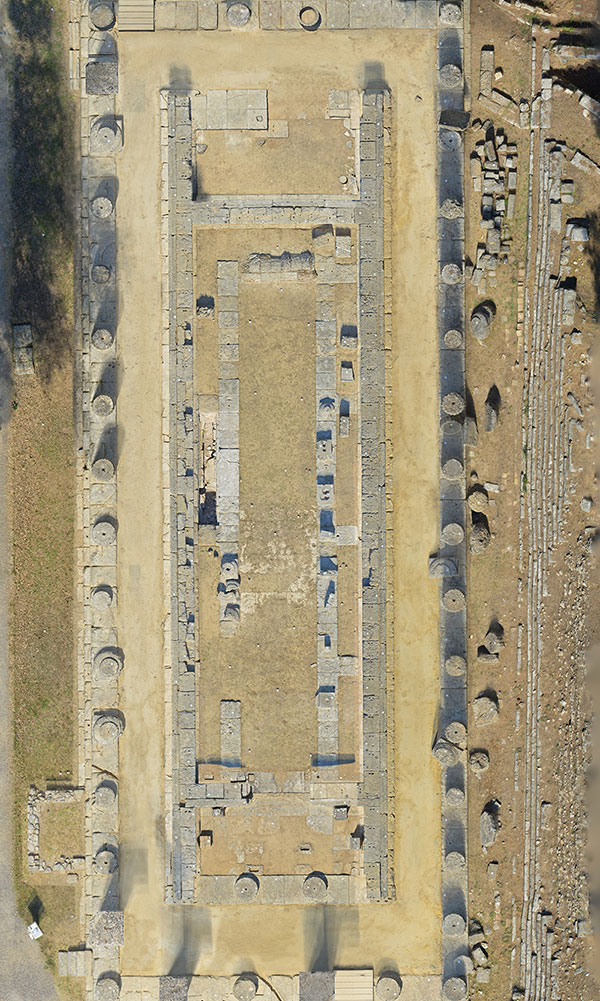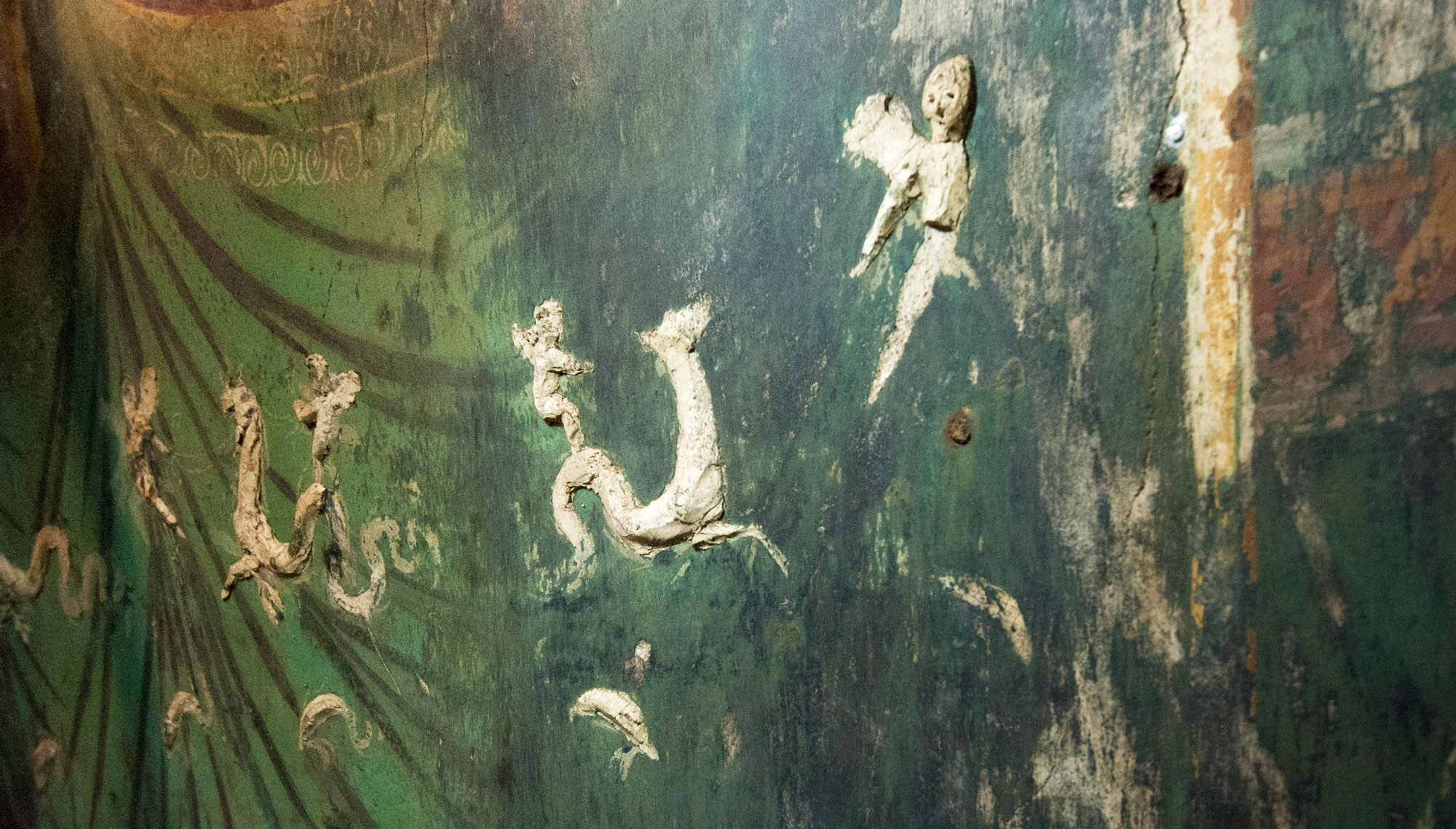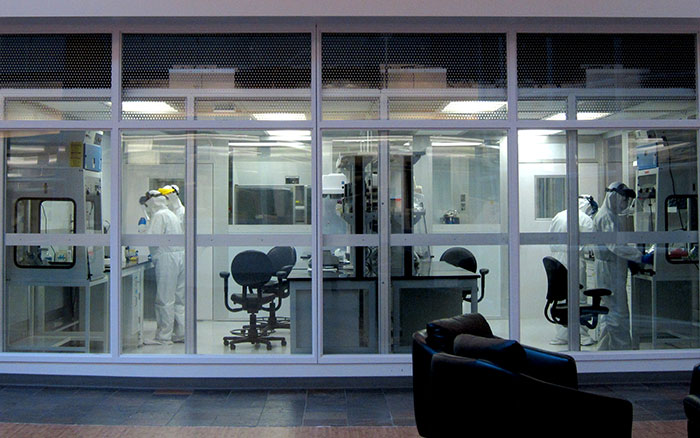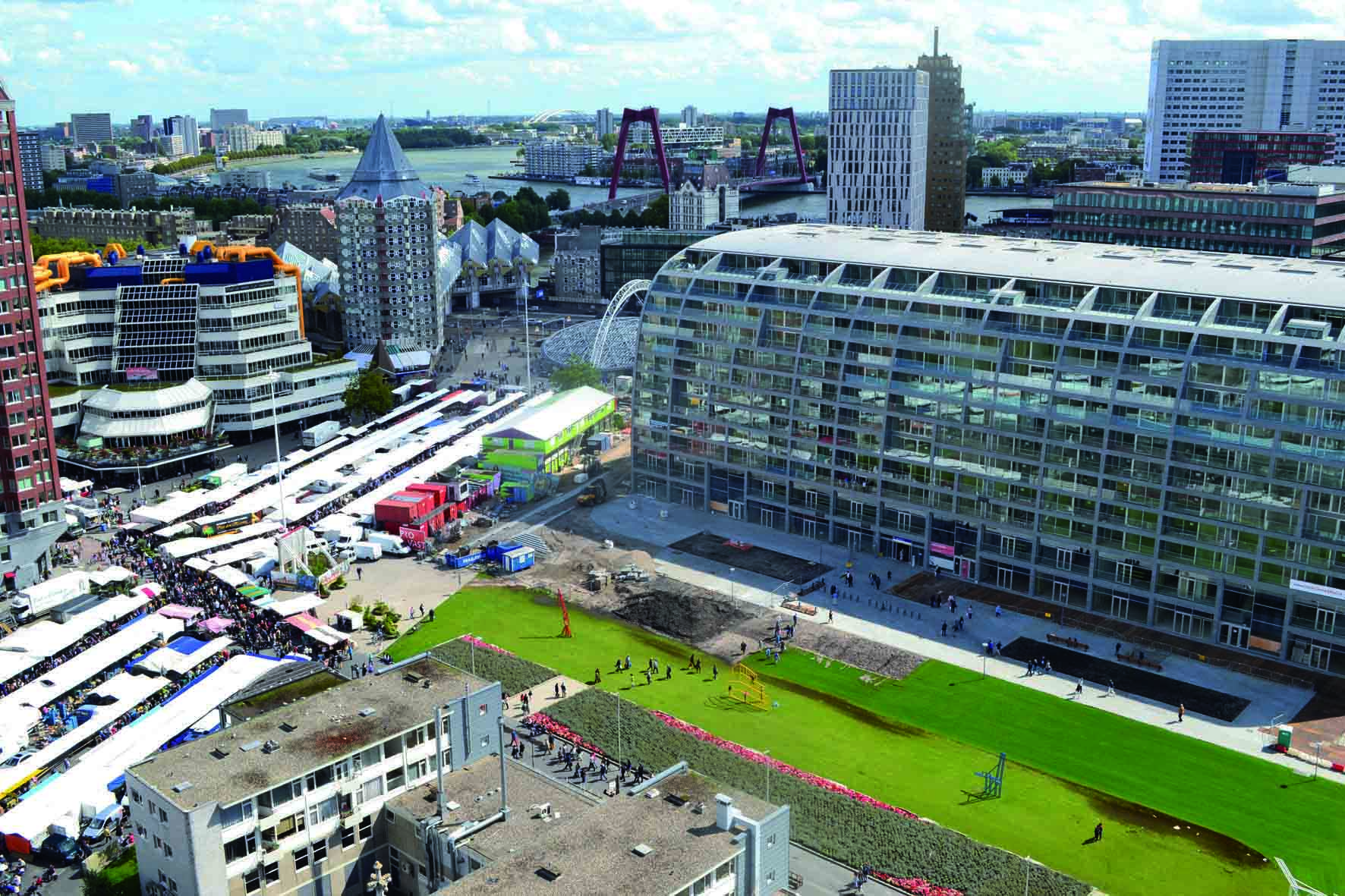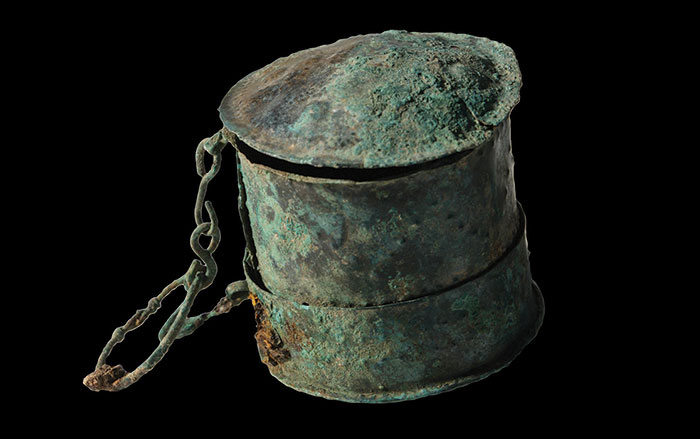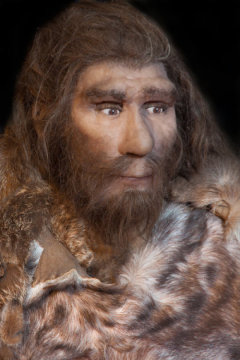
SEATTLE, WASHINGTON—USA Today reports that Joshua Akey of the University of Washington and colleagues examined the DNA of 1,500 Europeans, East Asians, South Asians, and Melanesians to look for pieces of the genetic code inherited from Neanderthals and Denisovans. The team found that each group has 10 to 20 beneficial pieces of DNA from extinct human relatives. For example, the study suggests that genes from Neanderthals affect skin color and the immune system’s response to viruses and other microbes. Denisovan DNA is thought to help modern Tibetans live at high altitudes. Akey explained that borrowing DNA was “a way of short-circuiting the normal evolutionary process” for modern humans entering new environments. For more, go to “Decoding Neanderthal Genetics.”


